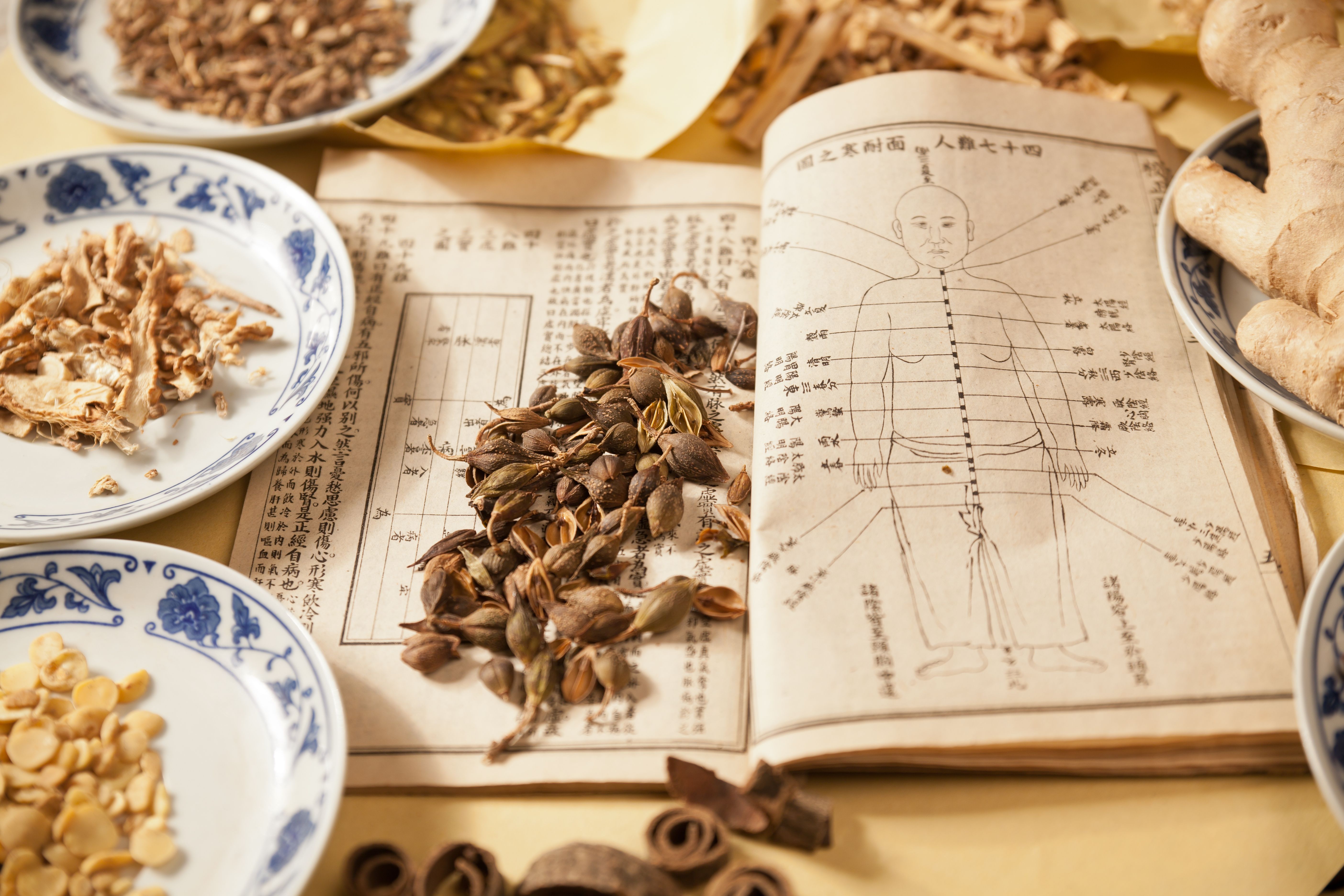Toxic Alkaloids Detected in Chinese Medicines Using Laser Desorption Ionization
Scientists from multiple universities in China used laser desorption ionization mass spectrometry (LDI-MS) to detect toxic alkaloids in traditional Chinese medicines (TCM), publishing their findings in the journal of Analytical and Bioanalytical Chemistry (1). LDI-MS is a technique that ionizes molecules using a ultraviolet laser.
Chinese herbs | Image Credit: © ft2010 - stock.adobe.com

Alkaloids are amines that occur naturally in plants, mainly produced as defense mechanisms to protect against herbivores (2–3). Different toxic alkaloids can affect the central nervous system, digestive processes, reproduction, and the immune system, among other systems (2). To best protect consumers, it is essential for scientists to identify which alkaloids are in different substances to minimize the risk of poisoning consumers.
In this study, the team studied various extracts from TCM including Fuzi (Aconiti Lateralis Radix Praeparata), Caowu (Aconiti Kusnezoffii Radix), Chuanwu (Aconiti Radix), and Houpo (Magnoliae Officinalis Cortex), which were all found to contain alkaloids. The scientists investigated twelve nanomaterials (NMs) as matrices, finding that molybdenum disulfide (MoS2) and defect-rich-tungsten trioxide (D-WO3) were the most effective at detecting alkaloids). They also found use in converting these materials into 3D nanomaterial plates, where the NMs are doped into resin and formed via 3D printing.
The researchers obtained good alkaloid quantification using a chemothermal compound as an internal standard. This approach enabled the creation of a LDI-MS approach that achieves clean backgrounds for alkaloid detection, while the 3D NM plates facilitated mass spectrometry imaging of alkaloids in TCMs. This method still needs further development, but the scientists believe it to have great potential in medicine and food safety.
References
(1) Wang, C.; Qin, L-Y.; Li, D-M.; Hu, L-G.; Xue, J-J.; Zhai, X-P.; Wang, Q.; Guo, L; Tang, L.; Xie, J-W. Doped nanomaterial facilitates 3D printing target plate for rapid detection of alkaloids in laser desorption/ionization mass spectrometry. Anal. Bioanal. Chem. 2023, 415, 6825–6838. DOI: https://doi.org/10.1007/s00216-023-04961-8
(2) Alkaloid. Elsevier B.V. 2016. https://www.sciencedirect.com/topics/food-science/alkaloid (accessed 2023-11-21)
(3) Welch, K. Topical Collection “Toxicity of Natural Alkaloids”. MDPI 2023. https://www.mdpi.com/journal/toxins/topical_collections/natural-alkaloids (accessed 2023-11-21)
TD-GC–MS and IDMS Sample Prep for CRM to Quantify Decabromodiphenyl Ether in Polystyrene Matrix
April 26th 2024At issue in this study was the certified value of decabromodiphenyl ether (BDE 209) in a polystyrene matrix CRM relative to its regulated value in the EU Restriction of Hazardous Substances Directive.
LC–MS/MS-Based System Used to Profile Ceramide Reactions to Diseases
April 26th 2024Scientists from the University of Córdoba in Córdoba, Spain recently used liquid chromatography–tandem mass spectrometry (LC–MS/MS) to comprehensively profile human ceramides to determine their reactions to diseases.
High-Throughput 4D TIMS Method Accelerates Lipidomics Analysis
April 25th 2024Ultrahigh-pressure liquid chromatography coupled to high-resolution mass spectrometry (UHPLC-HRMS) had been previously proposed for untargeted lipidomics analysis, but this updated approach was reported by the authors to reduce run time to 4 min.